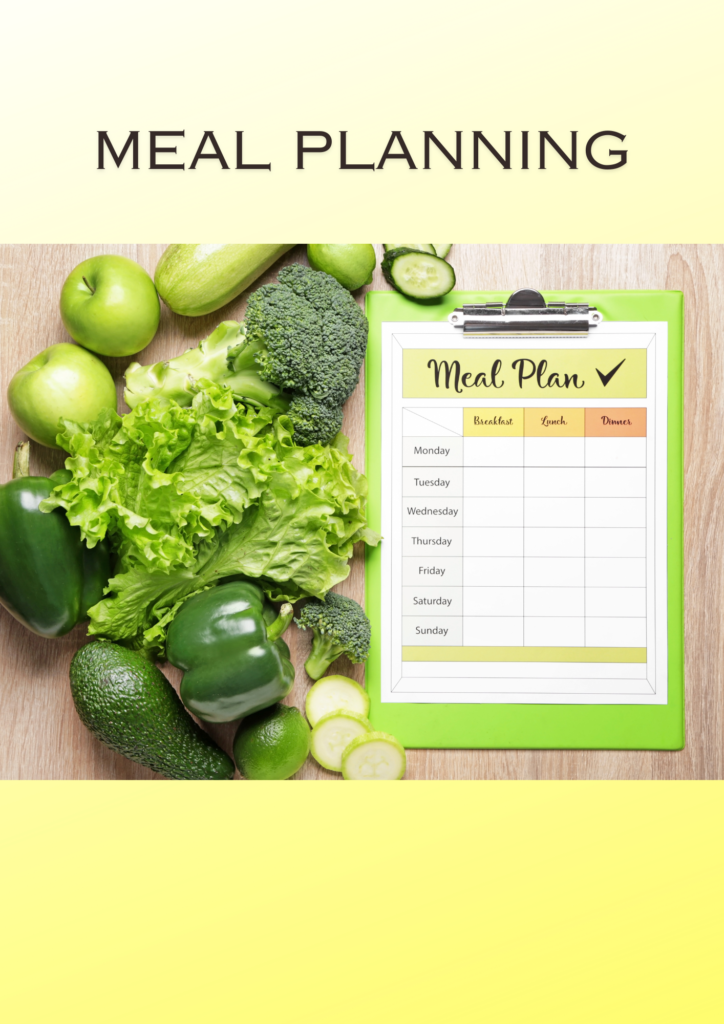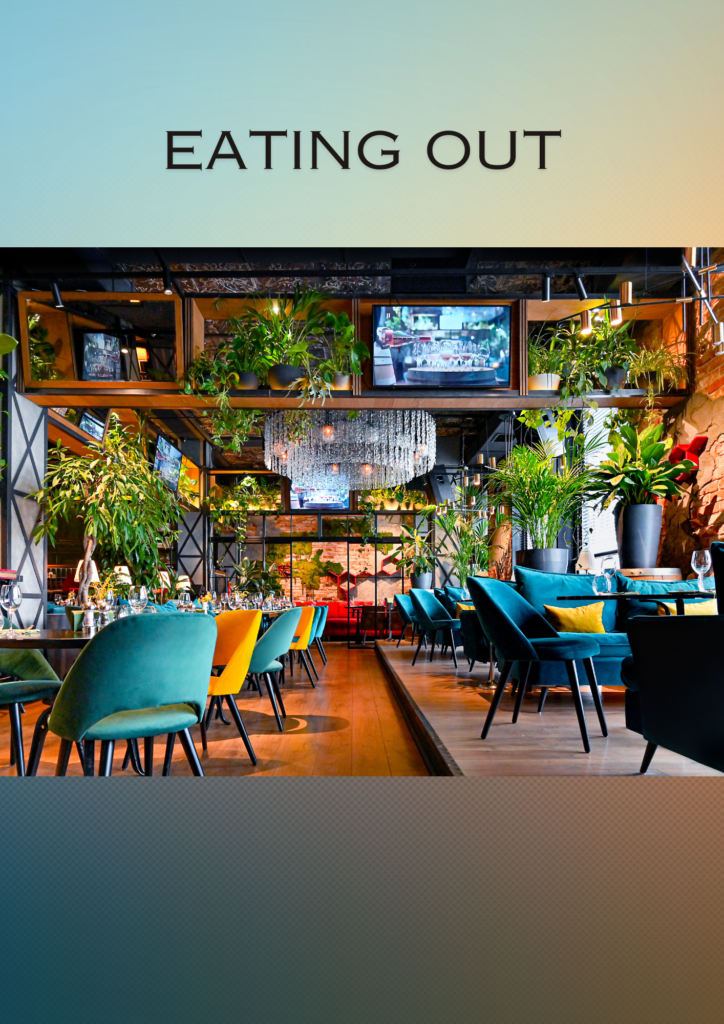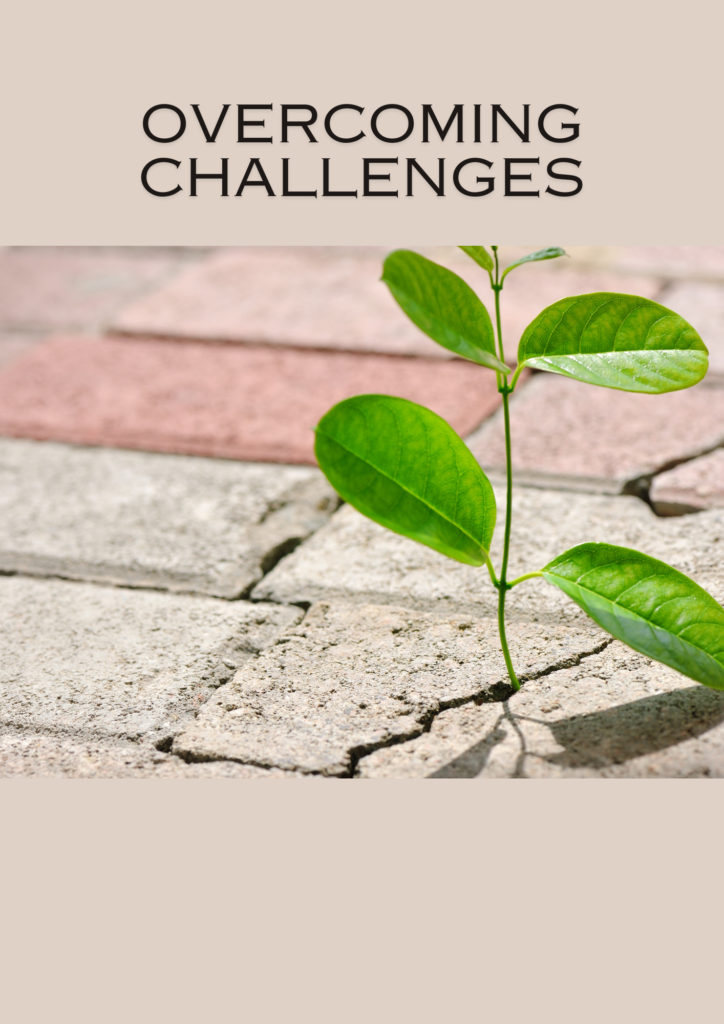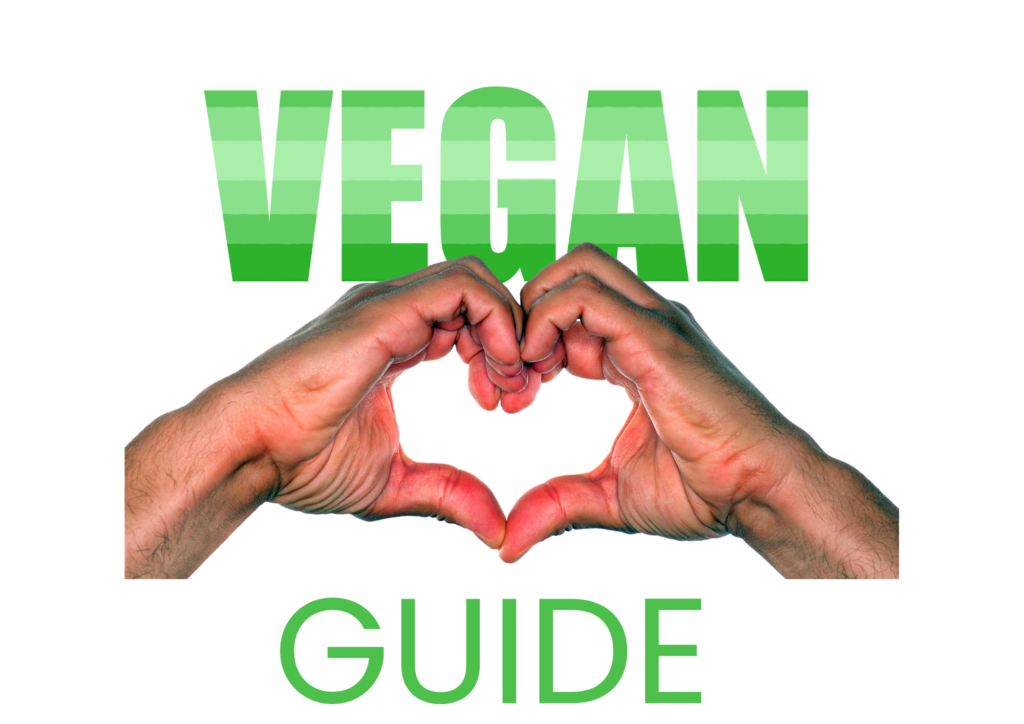Embarking on a vegan lifestyle can be both exciting and daunting. As someone who’s been on this path since 2011, I understand the challenges and rewards that come with making this significant change. My journey began with a health scare and evolved into a passionate commitment to veganism, not just for personal well-being but for the planet and animals too.
Through my experiences, including helping my husband adopt more plant-based options after his stroke in 2020, I’ve learned that every small step counts.
I hope that by providing this guide it will give you the knowledge, tools and inspiration to start your own vegan journey, no matter where you’re starting from.
1. Understanding Veganism: More Than Just a Diet
Veganism is a way of living that seeks to exclude, as far as is possible and practicable, all forms of exploitation of, and cruelty to, animals for food, clothing, or any other purpose. It’s not just about what’s on your plate; it’s a philosophy that extends to all aspects of life. People choose veganism for various reasons, including ethical concerns about animal welfare, environmental sustainability, and health benefits. While a plant-based diet focuses solely on consuming plant foods, veganism goes further by avoiding all animal products in daily life.
Understanding these core principles can help you align your choices with your values and motivations, making your transition more meaningful and sustainable.

2. Nutrition 101: Essential Nutrients for Vegans
One of the most common concerns about veganism is getting adequate nutrition. However, a well-planned vegan diet can meet all your nutritional needs. Key nutrients to focus on include protein (found in legumes, nuts, and seeds), iron (abundant in leafy greens and fortified foods), calcium (present in fortified plant milks and leafy greens), and vitamin B12 (which typically requires supplementation).
Omega-3 fatty acids can be obtained from flaxseeds, chia seeds, and walnuts. While it’s possible to get most nutrients from a varied vegan diet, a B12 supplement is generally recommended for all vegans.
Consulting with a registered dietitian can help ensure you’re meeting all your nutritional needs as you transition.

3. Veganizing Your Kitchen: Pantry Staples and Equipment
Stocking your kitchen with vegan essentials is crucial for a smooth transition. Must-have pantry items include whole grains, legumes, nuts, seeds, nutritional yeast “nooch”, and plant-based milk alternatives.
Investing in a good blender, food processor, and pressure cooker/air fryer can make vegan cooking much easier and more enjoyable.
When shopping, always read food labels carefully to identify hidden animal products like gelatin, whey, or casein. Look for vegan certifications or “accidentally vegan” products to expand your options.
Remember, transforming your kitchen doesn’t have to happen overnight – gradually replace items as you use them up to make the process more manageable and cost-effective.

4. Meal Planning and Prep: Setting Yourself Up for Success
Effective meal planning is key to maintaining a balanced and satisfying vegan diet. Start by planning your meals for the week, focusing on a variety of fruits, vegetables, grains, and proteins. Batch cooking on weekends can save time during busy weekdays. Prepare staples like grains, beans, and roasted vegetables in advance for quick meal assembly.
For breakfast, overnight oats or smoothie packs are great options. Lunch can be as simple as a hearty salad or grain bowl, while dinner might feature plant-based versions of your favorite meals. Remember, many dishes you already enjoy can be easily veganized with simple substitutions.

5. Eating Out and Socializing: Navigating Non-Vegan Environments
Maintaining your vegan lifestyle outside your home can seem challenging but is entirely doable with some preparation. When dining out, research restaurant menus in advance or call ahead to inquire about vegan options. Many places are happy to accommodate dietary needs if asked.
For social gatherings, offer to bring a vegan dish to share, ensuring you have something to eat while introducing others to delicious plant-based food. Clear communication with friends and family about your dietary choices is important.
Explain your reasons compassionately and be patient – remember, your journey might inspire others to make positive changes too.

6. Overcoming Common Challenges in Your Vegan Journey
Transitioning to veganism isn’t without its hurdles. You might experience cravings for non-vegan foods, face social pressure, or feel overwhelmed by the changes. It’s important to approach these challenges with patience and self-compassion. If you’re craving a particular food, look for vegan alternatives or recipes that recreate those flavors.
Remember, it’s okay to make mistakes or have slip-ups – what matters is your overall commitment to the lifestyle. Connect with other vegans online or in your community for support and advice. Gradual change can be more sustainable than an overnight switch, so celebrate every small victory along the way.

7. Beyond Food: Vegan Lifestyle Choices
Veganism extends beyond your plate into all aspects of life. Explore vegan fashion options made from plant-based materials or recycled fabrics. Look for cruelty-free and vegan beauty products that don’t use animal ingredients or testing. Consider the impact of household items and pet foods, opting for vegan alternatives where possible.
As you become more comfortable with your vegan lifestyle, you might feel drawn to activism or community involvement. Whether it’s volunteering at an animal sanctuary, participating in vegan outreach, or simply sharing your experiences with others, there are many ways to make a positive impact beyond your personal choices.

Embarking on a vegan journey is a profound and rewarding experience that can positively impact your health, the environment, and animal welfare. Remember, every step you take towards a vegan lifestyle makes a difference. Whether you’re just starting out or looking to deepen your commitment, I hope this guide provides you with valuable insights and practical tips.
Stay tuned for more in-depth posts on each of these topics, and feel free to share your own experiences and questions as we navigate this compassionate lifestyle together. Your journey is unique, and I’m here to support you every step of the way!

